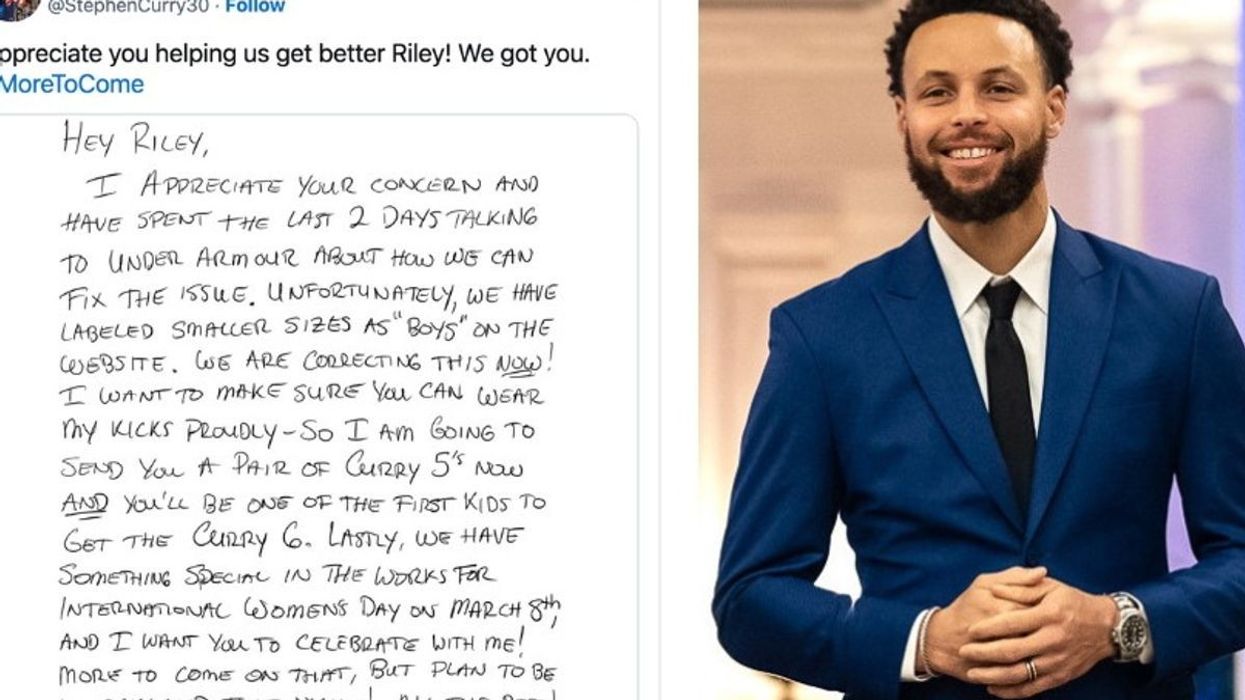I remember when it was trendy to protest the World Bank. Specifically, I remember being a teenager in 2000 and attending a massive World Bank protest in Washington DC. Since then, the Bank has fallen off of the global protest radar to some extent, but this Friday, the #WorldVsBank global action will change all that.
The #WorldVsBank actions will take place in 12 cities across the globe and highlight efforts to reverse inequality and preserve land rights for traditional communities. Global anti-inequality hub and activist incubator The Rules, whose mission is to connect and empower local movements with creative forms of activism, are organizing the actions.
One of the most interesting parts of Friday’s events will be #WorldVsBank’s goal to receive over 500K missed calls in support of the actions against the Bank. What are missed calls?
Popular in the developing world, missed calls are exactly what they sound like. To save money, callers hang up the phone before the receiver takes the call, so that neither person uses any minutes. This way, the missed calls themselves can work like text messages—callers can use them to communicate messages or confirm plans. Like contacting someone with the pagers of old, the practice is referred to as “Beeping”.
In 2011, missed call campaigns were employed by Indian anti-corruption activists to demonstrate widespread support for their cause. Obviously, pen-and-ink signature petitions are limited in the number of people they can reach, but missed calls could constitute a free or low-cost, remote alternative, uniting people even across borders or in countries with limited internet access. Alnoor Ladha, the Director of The Rules, saw great potential in the practice for mobilizing citizens in the Global South. After a successful fundraising drive on Kickstarter, The Rules developed a tool called Crowdring that automatically turns missed calls into petition signatures.
The goals for missed calls during the WorldVsBank action are very ambitious. Ladha tells me via email: “The aim will be to get 500,000 to 1million people to show their support globally through missed calls. Missed calls haven’t been tried before for a global advocacy ask and this could provide some strong global-local links. We’ll text local numbers to attend local events as well.”
The World Bank is still too often a force for narrow (and sometimes brutal) policies that drain healthcare and education budgets in developing countries while catering to the desires global corporations. #WorldVsBank day aims to put the World Bank back in the spotlight and to empower voices that oppose its one-size-fits-all policies. In the process the missed call drive could open another door to making global activism easier, more efficient, and more intuitive.













